A computer can memorise nearly 1 billion passwords per second
By MYBRANDBOOK

Passwords an IT context emerged in the 1960s with mainframe computers – large centrally operated computers with remote “terminals” for user access. They’re now used for everything from the PIN we enter at an ATM, to logging in to our computers and various websites. Until relatively recently, a good password might have been a word or phrase of as little as six to eight characters. But we now have minimum length guidelines. This is because of “entropy.”
Taking in simple language, passwords are a set of characters, numbers, letters brought together to keep the information of the user safe and confidential.
When talking about passwords, entropy is the measure of predictability. The maths behind this isn’t complex, but let’s examine it with an even simpler measure: the number of possible passwords, sometimes referred to as the “password space.”
If a one-character password only contains one lowercase letter, there are only 26 possible passwords (“a” to “z”). By including uppercase letters, we increase our password space to 52 potential passwords.
The password space continues to expand as the length is increased and other character types are added. However, the problem with depending on password complexity is that computers are highly efficient at repeating tasks – including guessing passwords.
Last year, a record was set for a computer trying to generate every conceivable password. It achieved a rate faster than 100,000,000,000 guesses per second.
By leveraging this computing power, cybercriminals can hack into systems by bombarding them with as many password combinations as possible, in a process called brute force attacks.
And with cloud-based technology, guessing an eight-character password can be achieved in as little as 12 minutes and cost as little as US$25.
Also, because passwords are almost always used to give access to sensitive data or important systems, this motivates cybercriminals to actively seek them out. It also drives a lucrative online market selling passwords, some of which come with email addresses and/or usernames.


Legal Battle Over IT Act Intensifies Amid Musk’s India Plans
The outcome of the legal dispute between X Corp and the Indian government c...

Wipro inks 10-year deal with Phoenix Group's ReAssure UK worth
The agreement, executed through Wipro and its 100% subsidiary,...

Centre announces that DPDP Rules nearing Finalisation by April
The government seeks to refine the rules for robust data protection, ensuri...

Home Ministry cracks down on PoS agents in digital arrest scam
Digital arrest scams are a growing cybercrime where victims are coerced or ...

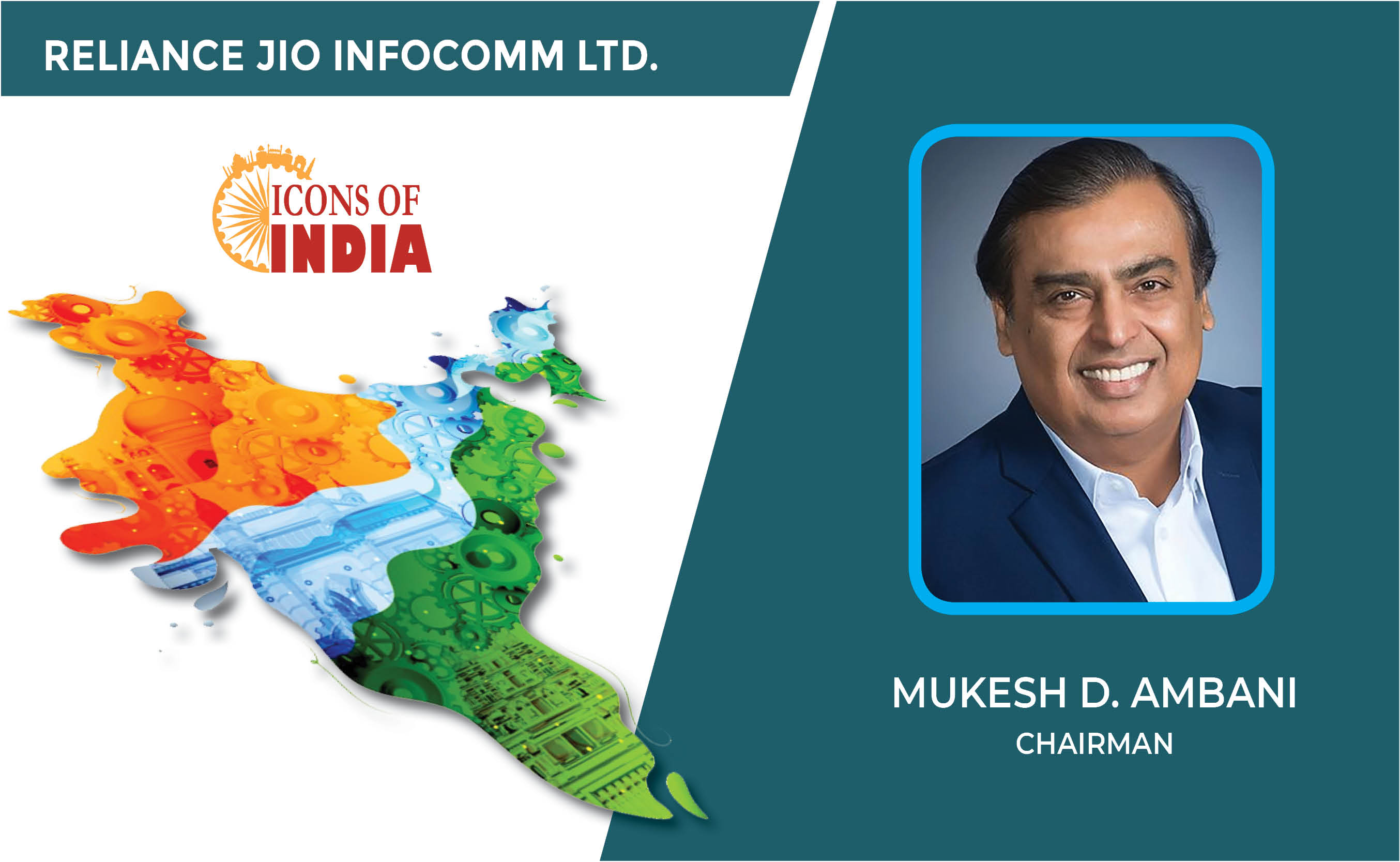
Icons Of India : MUKESH D. AMBANI
Mukesh Dhirubhai Ambani is an Indian businessman and the chairman and ...
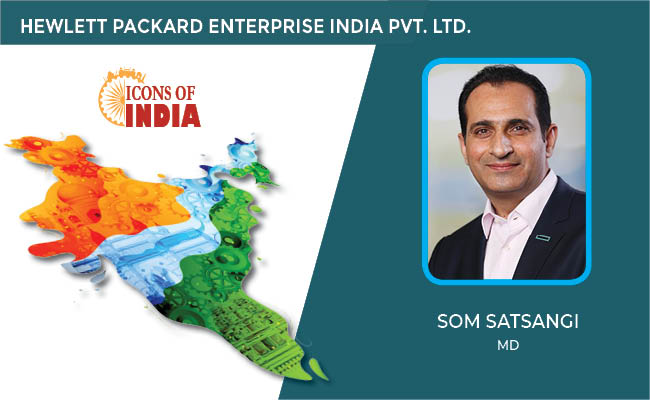
ICONS OF INDIA : SOM SATSANGI
With more than three decades in the IT Sector, Som is responsible for ...

Icons Of India : ASHISH KUMAR CHAUHAN
Ashish kumar Chauhan, an Indian business executive and administrator, ...

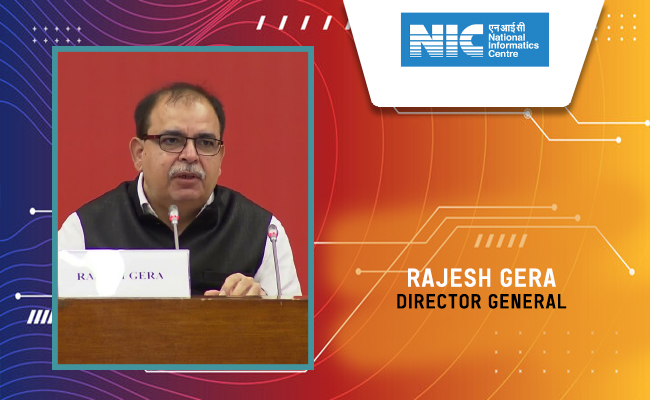
NIC - National Informatics Centre
NIC serves as the primary IT solutions provider for the government of ...
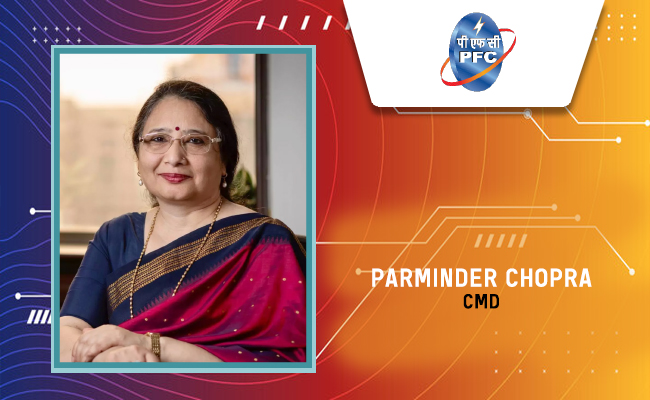
PFC - Power Finance Corporation Ltd
PFC is a leading financial institution in India specializing in power ...
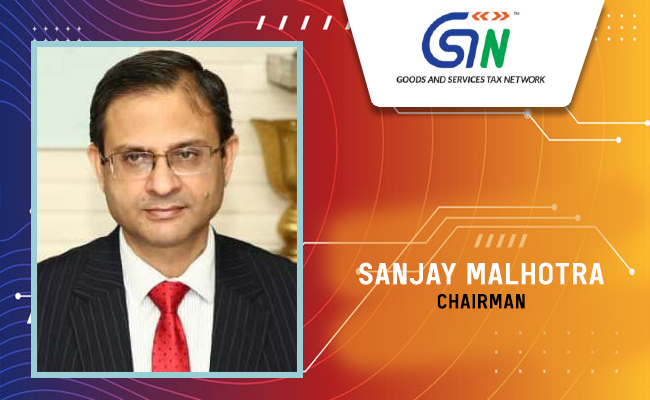
GSTN - Goods and Services Tax Network
GSTN provides shared IT infrastructure and service to both central and...

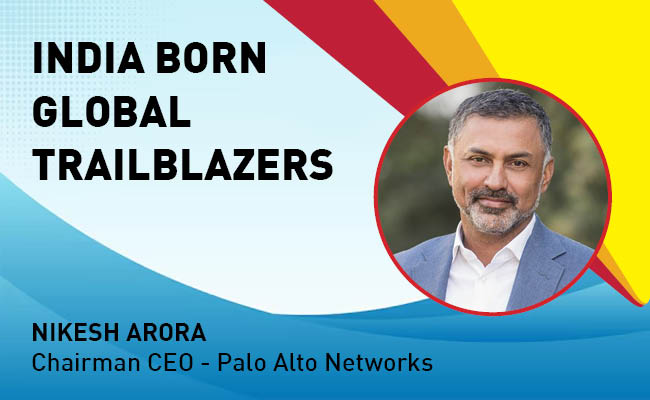
Indian Tech Talent Excelling The Tech World - NIKESH ARORA, Chairman CEO - Palo Alto Networks
Nikesh Arora, the Chairman and CEO of Palo Alto Networks, is steering ...
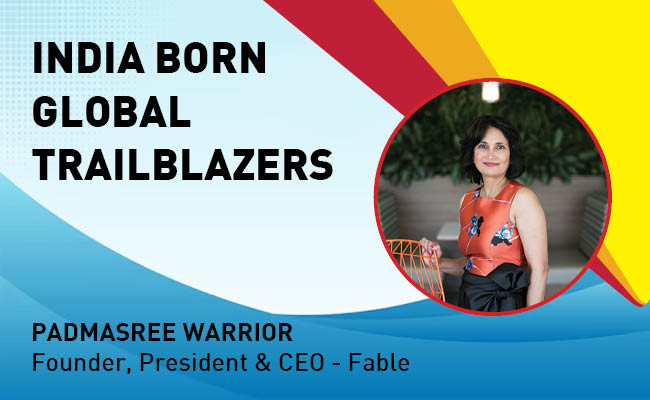
Indian Tech Talent Excelling The Tech World - PADMASREE WARRIOR, Founder, President & CEO - Fable
Padmasree Warrior, the Founder, President, and CEO of Fable, is revolu...
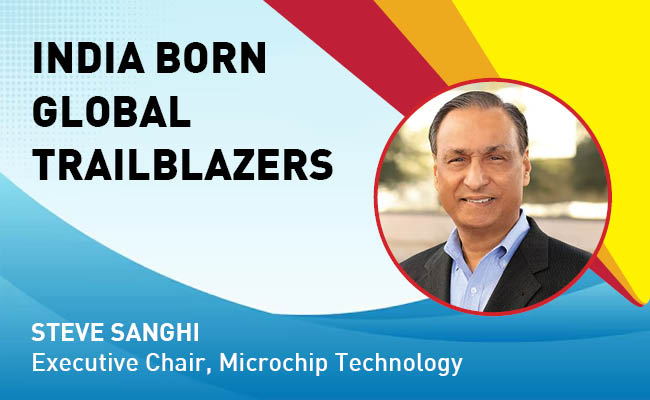
Indian Tech Talent Excelling The Tech World - Steve Sanghi, Executive Chair, Microchip
Steve Sanghi, the Executive Chair of Microchip Technology, has been a ...
 of images belongs to the respective copyright holders
of images belongs to the respective copyright holders